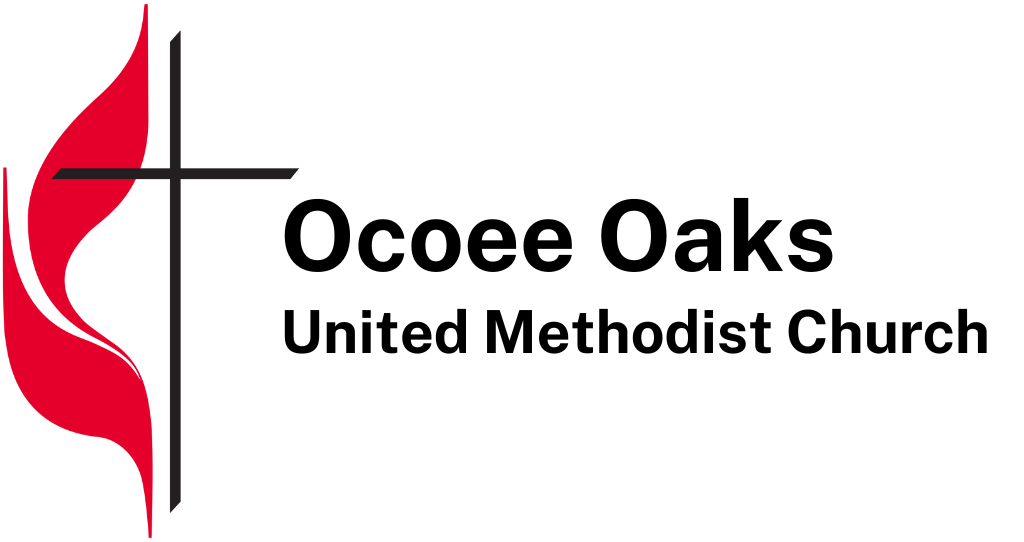Jesus and the Pharisees - A Deeper Dive
Scripture: Matthew 22:15-22
message summary
This week, we begin a new sermon series, Living Faithfully in a Polarized World. The subject is quite intimidating, given how divided our world is today. At every turn - politics, culture, economics - we find ourselves at odds with each other. And yet, as Christians, we are expected to love everyone despite our differences. Jesus, as usual, can provide a model for navigating these treacherous waters. After all, the world, as it existed during Jesus’ earthly ministry, had divisions between disparate factions.
We begin the series by examining the complicated relationship between Jesus and the Pharisees. We all view the world through a personal “looking glass” shaped by our priorities and perspectives. During the time of Jesus, different groups like the Pharisees, Sadducees, Zealots, and Essenes had different views of Jesus, much like how modern-day political affiliations can shape our worldview. The central theme of this week’s message is that as Christians, we should strive to have Jesus at the center of our looking glass and not let worldly constructs like politics and ideologies distort our perspective.
You can find a link to the full video of this week’s message below. Here are some of the key points:
The looking glass analogy - We all have a personal lens through which we view the world. Our priorities and perspectives shape what we see at the center of this lens, influencing how we interpret situations and behave. Consider what happens when we wake up in a really bad mood. If we put that mood right in the middle of your looking glass, it will be a horrible day. Looking through that lens, you cannot help but notice all the bad things around you.
Jesus and the Pharisees - This week's scripture describes how the Pharisees attempted to trap Jesus by asking him about paying taxes to Caesar. In Jewish society at the time of this story, people generally fell into four main groups: Pharisees, Sadducees, Zealots, and Essenes. Each had its own attitudes towards the Roman occupation. Presenting Jesus with the question of paying taxes, the Pharisees attempted to determine which group Jesus aligned with to understand better how to control him.
Modern-day parallels - It’s easy to draw parallels between the societal groups of Jesus’ time and modern-day political affiliations, such as Republicans and Democrats. If we allow these worldly constructs to take center stage in our looking glass, it can distort our Christian principles and lead to divisiveness. Instead, we must keep Christ at the center and follow Paul’s advice found in his letter to the Philippians:
“8 Finally, brothers and sisters, whatever is true, whatever is noble, whatever is right, whatever is pure, whatever is lovely, whatever is admirable—if anything is excellent or praiseworthy—think about such things.”
As we navigate a world characterized by deep divisions and tribalism, we must constantly examine our personal looking glass and ensure that Jesus and Christian principles are at the center. We should also hold close the words of Paul and view people and situations through the lens of what is true, noble, right, pure, lovely, and admirable. A Christ-centered worldview offers the world a light that draws others to Jesus.
Echo Chambers
Humans naturally tend to gather in groups with shared interests and viewpoints. This tendency, in and of itself, is not evil. However, when we isolate ourselves from all other opinions and points of view, we risk ignoring others simply because we disagree.
With social media's ever-increasing influence, we have seen the evolution of “echo chambers.” Through algorithms that manage what a user sees on a particular platform, these environments ensure you only encounter information or opinions that reflect and reinforce your beliefs. Echo chambers are certainly not a new phenomenon, but their prevalence directly results from our insatiable appetite for easily accessible information.
Can the church become an echo chamber? Perhaps. Again, we are drawn to local fellowships because we feel comfortable with them. We share common beliefs, goals, and priorities. But when those commonalities become so rigid that differing opinions or interpretations are no longer welcome, we isolate ourselves. Debate about scripture, doctrine, and even cultural issues is a healthy characteristic of a thriving faith community.
Jesus modeled diverse interactions. He ate with sinners and debated with leaders who strictly adhered to the law. Even the twelve Jesus personally called to follow him represented a variety of beliefs and viewpoints - there was a tax collector, a Zealot, and common fishermen. Everyone was given an equal chance to express the way they saw things. Jesus listened and taught. The only rigid belief he shared was an insistence that we love one another.
Spending time in corporate worship alongside those who see the world from another angle is good for our souls. It reminds us that the kingdom of God is not as homogenous as we might allow ourselves to believe. As we each draw closer to Jesus in our personal journeys of faith, we will inevitably draw closer to each other in our shared understanding and love. That’s good news we all need as our world becomes increasingly divided.
Jesus and the Pharisees - Full Sermon Video
